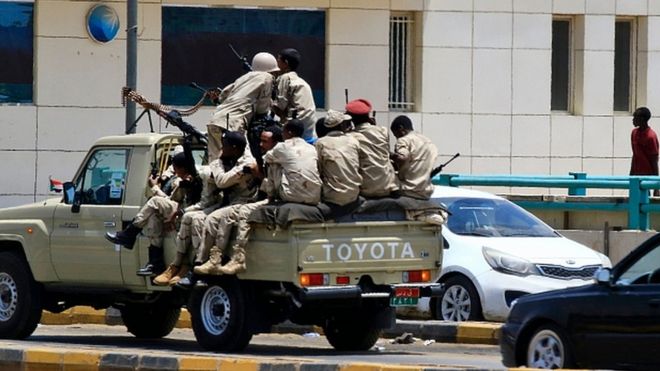Michelle Fatima
Monarchical and dictatorial regimes have been a major setback in the progress of humanity as they are known for oppressing, suppressing and repressing the rights of the common people. However, it would not be wrong to call the mid-20th century a period of liberation as numerous nations obtained freedom after eons of struggle.
While most of the world enjoys freedom, it is often forgotten that the Arabian Peninsula has been colored red. It is blatant that the nations situated there always strive for autonomy, of which the Arab Springs Conflict has become a classic example. Starting from an individual’s show of disapproval, condemnation and defiance in 2011, the Arab Springs was a chain of protests that blurred boundaries of many Muslim countries.
As a ripple effect, these conflicts dating back to 2011 have finally reached Sudan, a country that is suffering the horrific aftermath of speaking up for their rights and not waiting around for others to come to their “aid”. If someone does not know about this already, then they should because the Sudan Crisis is not only of the Sudanese people, but of humanity itself.

Like most political calamities, this started when the public decided to voice their opinions. In December 2018, as a result of a terrible price hike the ever-building frustration of the common public showed its valor by a movement started by women (the flag bearers), doctors and lawyers. As a ground breaking success, the protestors compelled their tyrannical “leader” Omar Hassan al-Bashir to step down on April 11 this. This was celebrated by colorful demonstrations of the joyful Sudanese people as they took to the roads to dance and sing. This joy was short lived as they had assumed that they would be on the receiving end of the transfer of power. The military had other plans…

From being the rulers to being ruled is a rugged journey, and the Sudanese military proved to be the epitome of this. It proclaimed that it would hand over the rule in the coming two years, but the fire inside the Sudanese people had not yet died down as it burned brightly in front of a great challenge. On the fateful morning of 3rd June, the public held a peaceful and organized protest at the headquarters of the Sudanese Armed Forces. An unpredictable incident occurred as the military opened fire after which at least a 100 protesters were injured and killed which was the beginning of many more crossfires.
These incidents force us to compare Sudan to countless other Arabian and African nations which have been infiltrated and made void, which needs no introduction. Is this a deliberately planned chaos? Is history repeating itself? Will Sudan pay for being an oil-rich country? After all, a Chinese proverb goes, “If you want to get rich, build a road first”.



